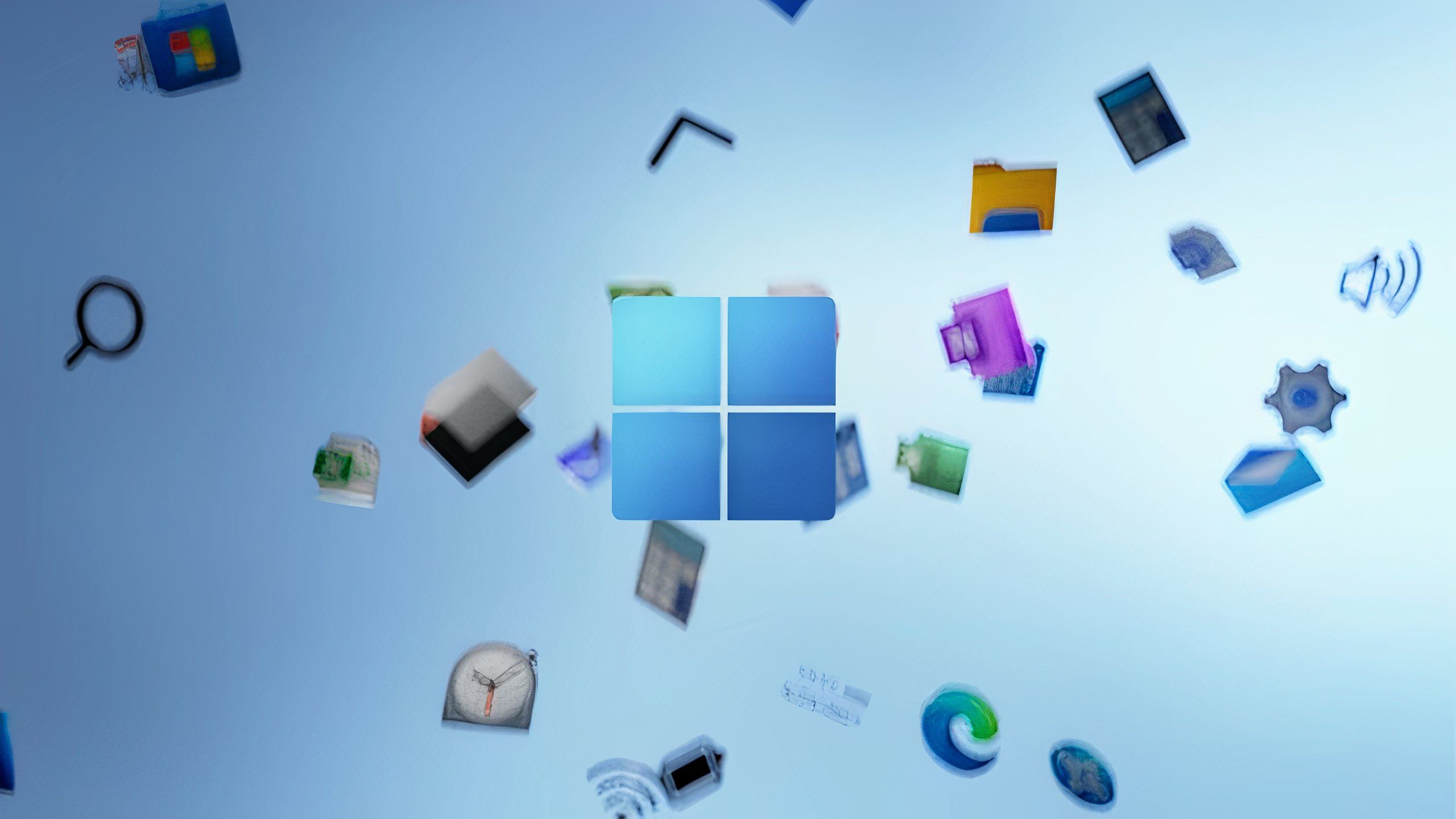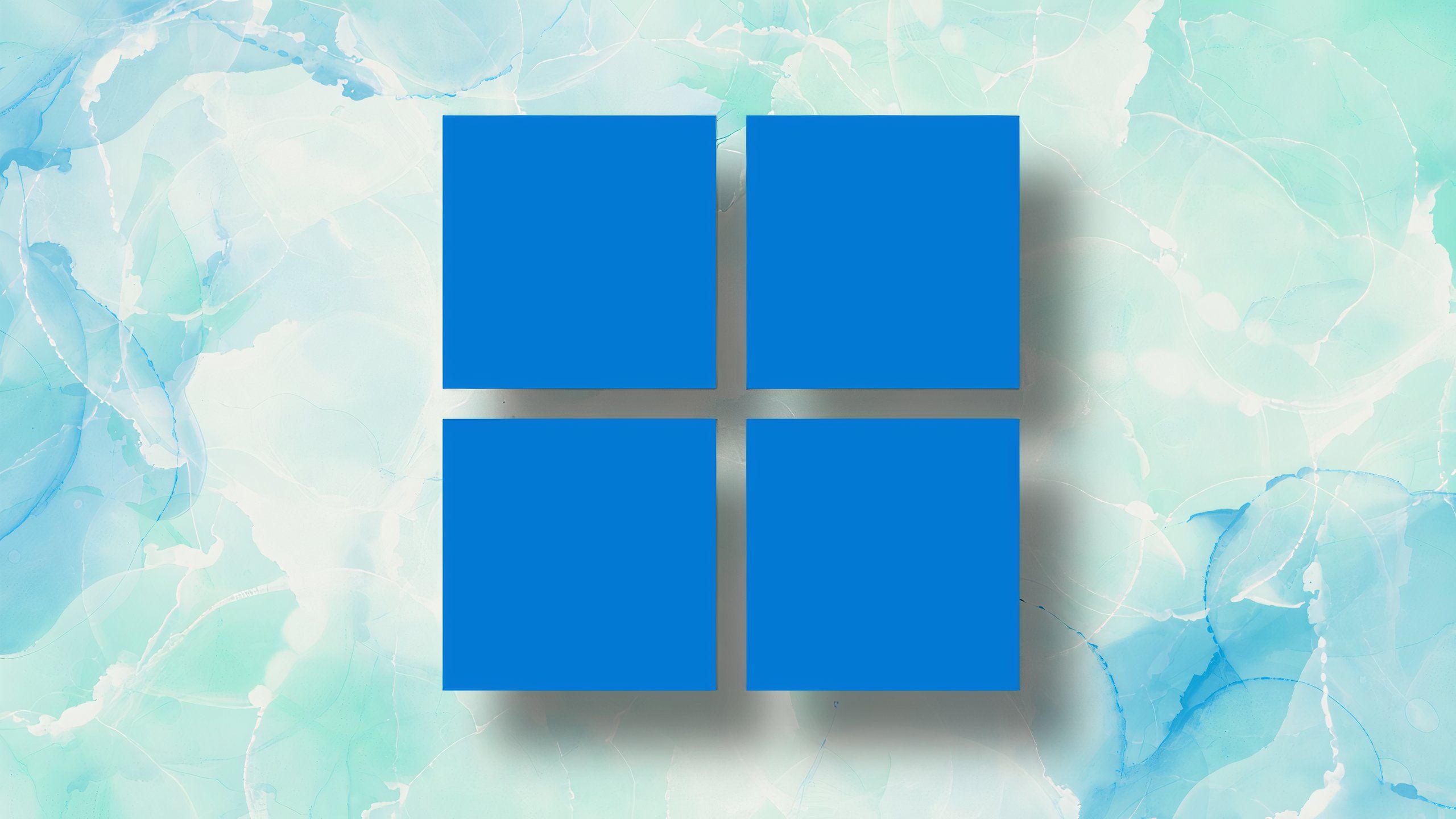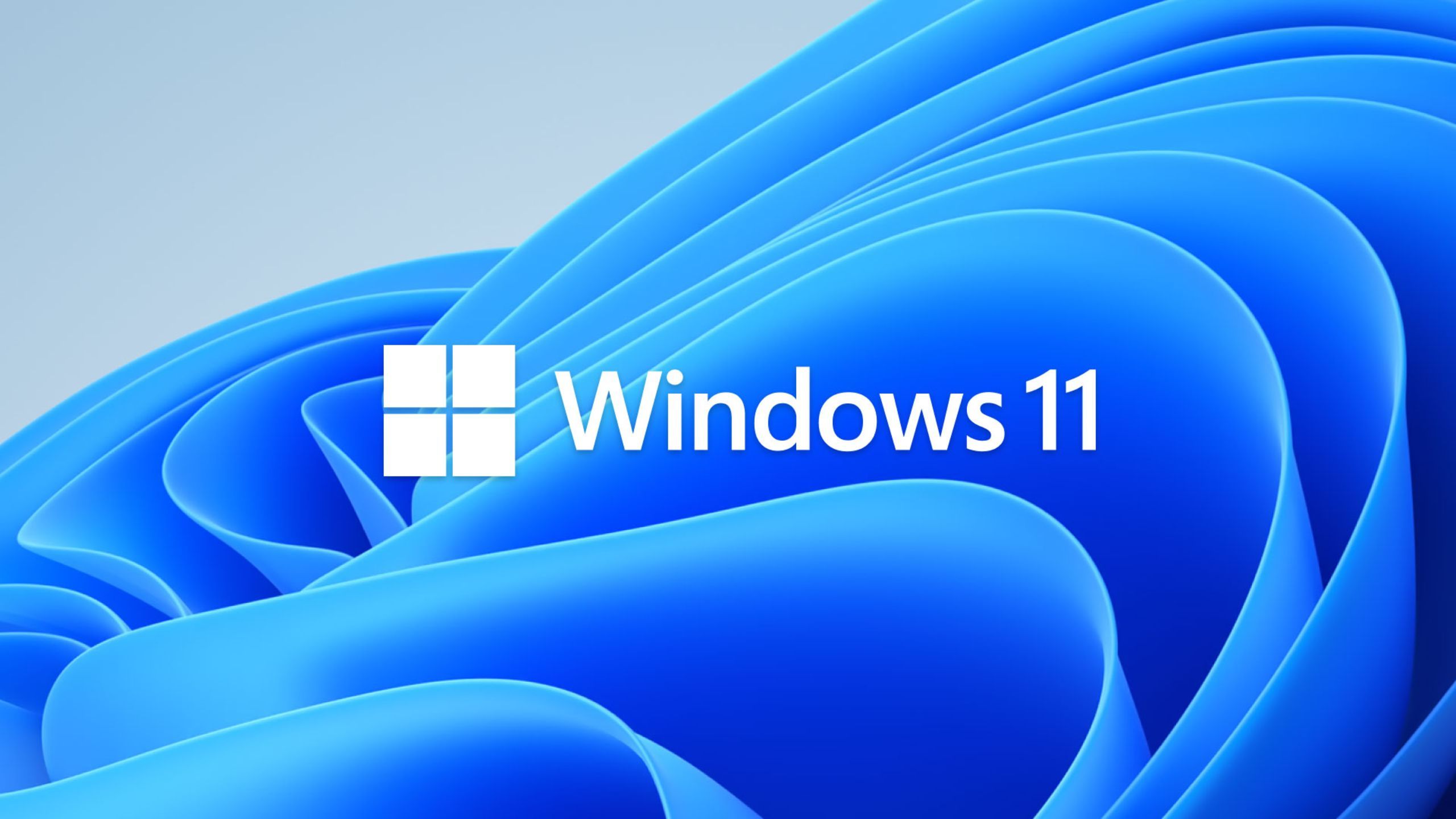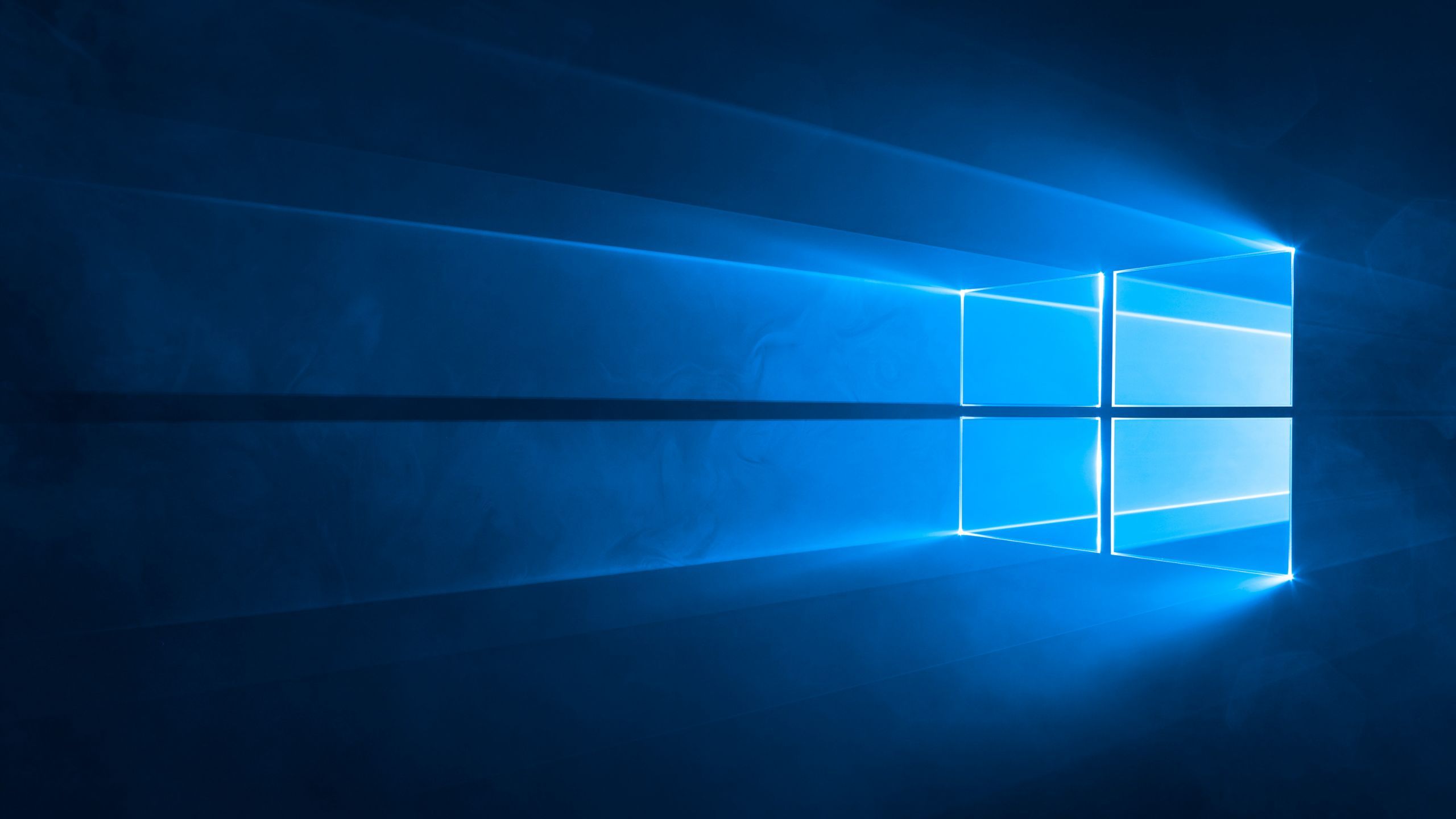Summary
- Microsoft is closing an existing Windows 11 loophole that allows you to set up and use a PC without a Microsoft Account or an active internet connection.
- Specifically, the ‘bypassnro.cmd’ bypass script is being removed as of Windows 11 Insider Preview Build 26200.5516 in the Dev Channel.
- According to Microsoft, this change “ensures that all users exit setup with internet connectivity and a Microsoft Account.”
In a new Windows Insider Blog published by
Microsoft
, the company is confirming the removal of a particular bypass script from Windows 11, starting with Insider Preview Build 26200.5516 in the Dev Channel. Until now, this script has allowed users to set up their
Windows 11 PCs
while sidestepping the standard internet and Microsoft Account requirements imposed by the company.
“We’re removing the bypassnro.cmd script from the build to enhance security and user experience of Windows 11. This change ensures that all users exit setup with internet connectivity and a Microsoft Account,” says Microsoft in the blog post.
Despite the push back from some tech enthusiasts and industry analysts, Microsoft has been bullish on requiring users to set up their PCs with a Microsoft account and an active internet connection for a number of years now. This bypass script has remained a principal method of skirting past this requirement — an open secret among Windows superfans and detractors alike.
As noted by phantomofearth of X, it is indeed still possible to bypass these setup requirements post Build 26200.5516 update, but it now requires diving into the Windows Registry, which makes the entire process far less accessible to the average user.

Related
Microsoft has a Windows 10 problem, and the clock is about to strike midnight
Windows 10 will be sunset as of October 14, 2025, and Microsoft really wants you to hop on the Windows 11 bandwagon.
Windows 10 is on track to reach end-of-life later this year
Microsoft needs to incentivize users to make the switch to Windows 11, and closing local account loopholes isn’t the way to do so
Microsoft
Microsoft is officially ending support for its
Windows 10
operating system on October 14th, 2025. Beyond this date, the OS will stop receiving security updates, bug patches, and technical assistance support from the company.
The one silver lining is that Microsoft will be offering an Extended Security Updates (ESU) program for Windows 10, which is a paid program to extend security patches for up to an additional three years. The service is primarily targeted at enterprise customers — at the consumer level, Microsoft would much rather you switch to Windows 11 sooner rather than later.
Unfortunately, Windows 11 has earned a reputation among PC enthusiasts for being a step-down from Windows 10 in a couple of major ways. Microsoft’s newer OS
lacks some interface customization options
that were present in its predecessor — most notably, the ability to reposition and resize the system taskbar. Additional security-focused restrictions on the newer OS, such as TPM 2.0 and Secure Boot requirements, have also ruffled some power users’ feathers.
The company ought to be extending an olive branch to Windows 10 holdouts.
Microsoft’s decision to plug the
Microsoft Account
and internet requirement loophole on Windows 11 doesn’t help matters in the slightest. The company ought to be extending an olive branch to Windows 10 holdouts, who are often the most vocal and hardcore constituency of Windows users out there.
According to StatCounter, Windows 11 market share currently sits at 38.13 percent of the total worldwide desktop Windows market share, in contrast to WIndows 10 at 58.7 percent share. With only a few months left to go before the October 14 cutoff date, I reckon the time is right for Microsoft to deprioritize angering the vocal minority of its user base, and focus instead on bringing Windows 11 up to speed with Windows 10 in terms of features and platform flexibility.

Related
These 5 things are holding Windows 11 back from greatness
Windows 11 is a powerful and feature-rich operating system, but it’s being held back from greatness in several key ways.

